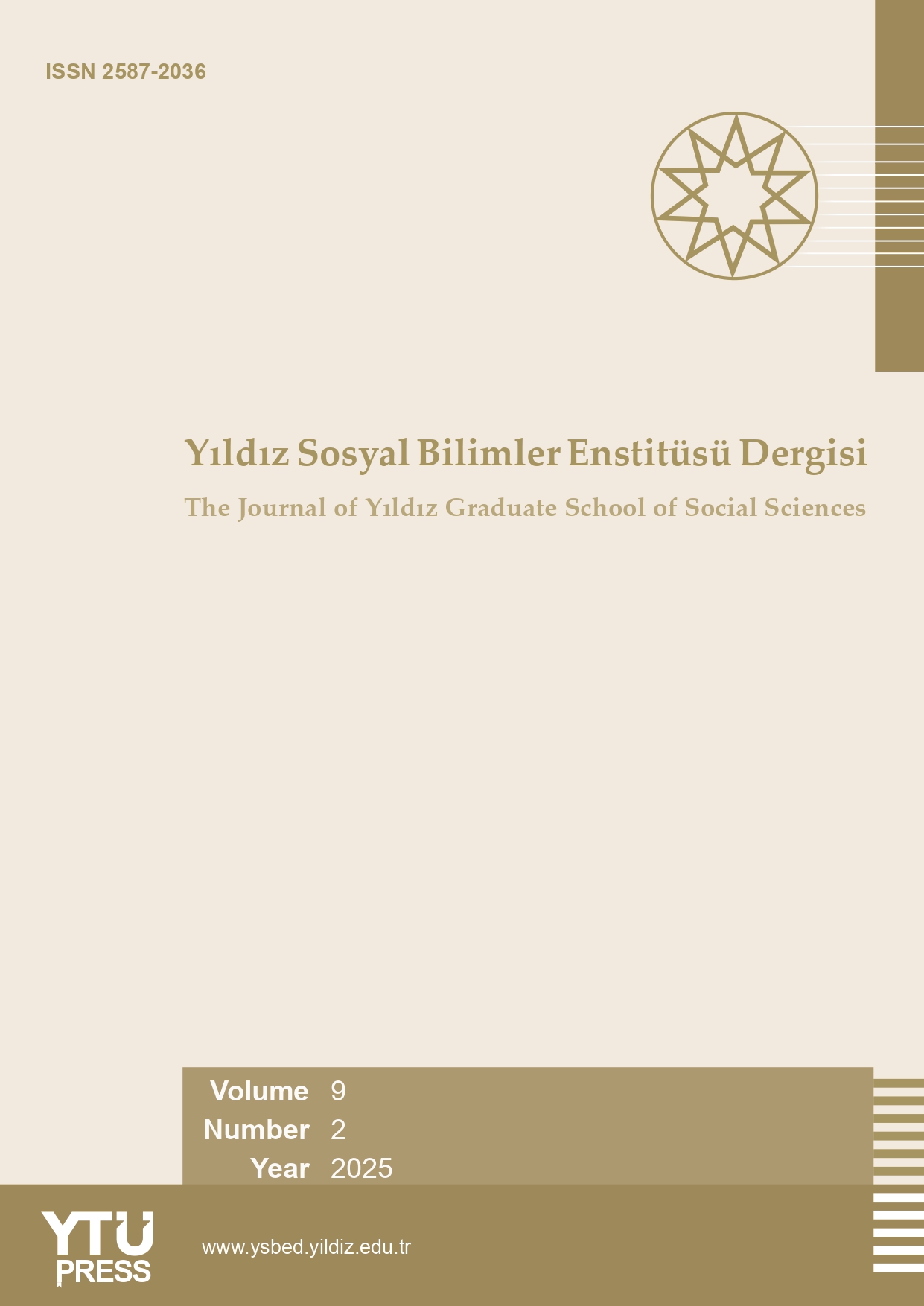Abstract
This study examines the harvest function and factors of technical inefficiency in Turkish large-scale marine fisheries, using data from the TURKSTAT Fisheries Statistics Micro Data Set. The main purpose is to incorporate bioeconomic modeling into technical efficiency analysis by estimating a stochastic frontier harvest function that considers both fishing effort and stock biomass. Through inefficiency effects model, the influences of vessel attributes, gear types, fishing areas, and technological instruments on the technical inefficiency of fishing units are investigated. The results indicate that fishing efficiency is influenced by gear type, regional practices, and the accessibility of specific technologies. Specifically, environmentally unfavorable methods like bottom trawling are demonstrated to be less efficient than other techniques. Additionally, Turkish fisheries are experiencing diminishing returns to both effort and stock, underlining the need for more rigorous effort reduction policies and adaptive quota regulations, particularly for economically essential species. Moreover, the results provide guidance for improving fisheries management policies in Türkiye and highlight the importance of balancing efficiency and sustainability through enhanced regulation of fishing practices, technological advancements, and regional management approaches.
Bu çalışma, TÜİK Su Ürünleri İstatistikleri Mikro Veri Seti’nden elde edilen verileri kullanarak Türkiye’deki büyük ölçekli deniz balıkçılığının hasat fonksiyonunu ve teknik verimsizlik faktörlerini incelemektedir. Temel amaç, hem balıkçılık çabasını hem de stok biyokütlesini dikkate alan stokastik bir sınır üretim fonksiyonu tahmin ederek biyoekonomik modellemeyi teknik verimlilik analizine dahil etmektir. Verimsizlik etkileri modeli aracılığıyla, tekne özelliklerinin, av aracı türlerinin, avlanma alanlarının ve teknolojik araçların balıkçılık birimlerinin teknik verimsizliği üzerindeki etkileri araştırılmıştır. Sonuçlar, balıkçılık verimliliğinin av aracı türü, bölgesel uygulamalar ve belirli teknolojilerin erişilebilirliğinden etkilendiğini göstermektedir. Özellikle, dip trolü gibi çevresel açıdan elverişsiz yöntemlerin diğer tekniklere göre daha az verimli olduğu gösterilmiştir. Buna ek olarak, Türkiye’deki balıkçılıkta hem çabanın hem de stokun getirisi azalmakta, bu da özellikle ekonomik açıdan önemli türler için daha titiz çaba azaltma politikalarına ve uyarlanabilir kota düzenlemelerine duyulan ihtiyacın altı çizilmektedir. Ayrıca sonuçlar, Türkiye’deki balıkçılık yönetimi politikalarının iyileştirilmesi için yol göstermekte ve balıkçılık uygulamalarının daha iyi düzenlenmesi, teknolojik ilerlemeler ve bölgesel yönetim yaklaşımları yoluyla verimlilik ve sürdürülebilirliğin dengelenmesinin önemini vurgulamaktadır.












